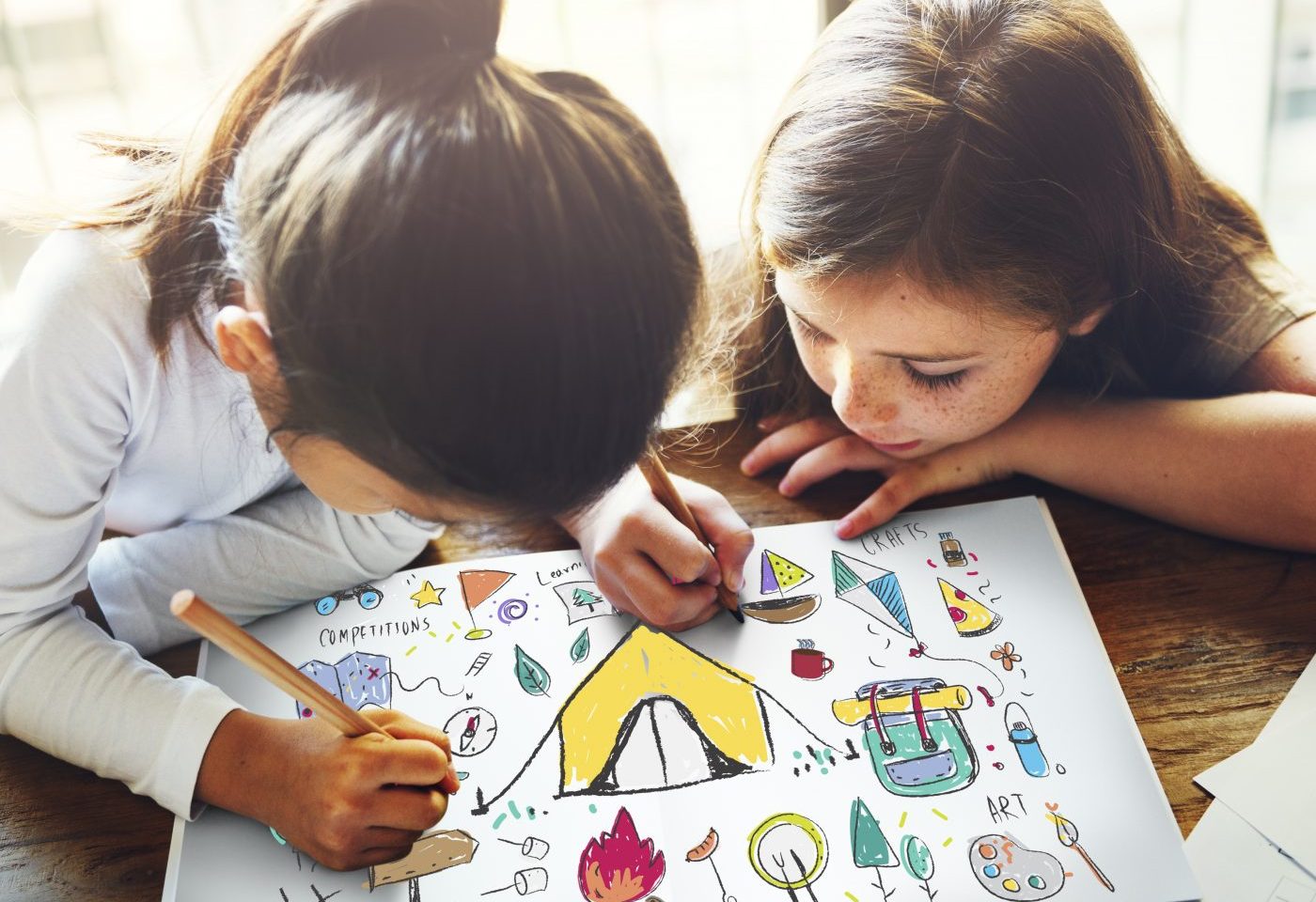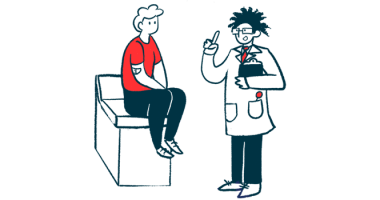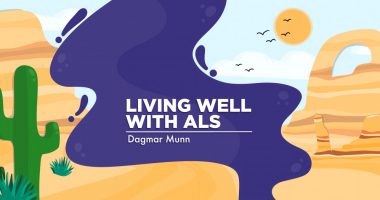UK Program Aims to Help Children of Families Touched by ALS

Two U.K. organizations, the Motor Neurone Disease (MND) Association and Nick Smith Foundation, are partnering on a pilot project to help youngsters affected by motor neurone disease (MND) create memories of their family member or friend.
The initiative is being tested in four cities in England: Milton Keynes, Manchester, Calderdale, and Huddersfield. It is open to children and young people who are close to someone who has motor neuron disease, of which amyotrophic lateral sclerosis (ALS) is the most common form.
A range of featured activities aim at creating and storing memories of the loved one, and allowing a patient to talk about their life, their disorder, and what to expect as their disease progresses. Children ages 4 to 10 will create mementos called Treasure Boxes, while those older than age 10 will produce Memory Boxes.
“The trauma felt by children, young people, and the wider family after an MND diagnosis can be devastating,” said Laura Willix, children and young people’s service development manager at the MND Association, in a press release. “Our Treasure and Memory boxes are interactive, tactile, and aim to support children and young people gather special memories or bits of treasured information to help them emotionally cope with some of the challenges they may face.”
The MND Association offers several resources for young people, including its MND Buddies web hub, information guides, and workbooks.
“Our work with children and young people has informed the development of the boxes,” Willix added. “They told us how hearing family anecdotes or sharing stories can help them connect to their family member with MND while they are still alive. And, after death, something as simple as seeing their loved one’s handwriting can help retain that connection.
“For the person with MND, the boxes support them to talk with their children about their life story and guide them through some simple steps to sharing.”
The joint project is funded by the Nick Smith Foundation, named for an MND patient and father of two who died at 38 shortly after being diagnosed.
“When Nick was diagnosed, knowing what to do to ensure his young children, Hadyn and Georgia, remembered him, was difficult,” said Stephen Naylor, the foundation’ s chair and Smith’s brother-in-law. “That’s why this project is so important to us. We want other families to have access to something that we wish Nick and the family together could have shared and created before he died.”
If successful, the pilot program could be expanded to reach more people.
“Our aim is that the boxes will help children and young people feel more able to cope, and allow discussion between the family members about what lies ahead,” Willix said.






